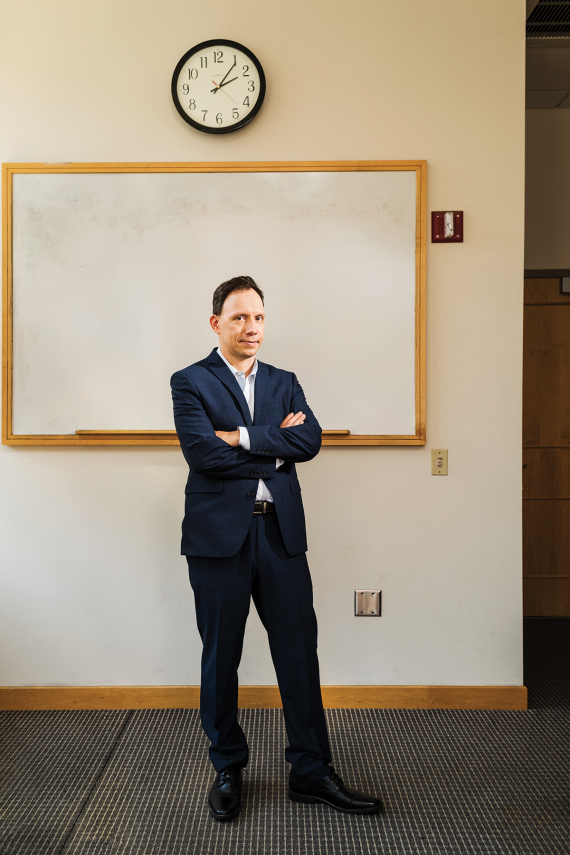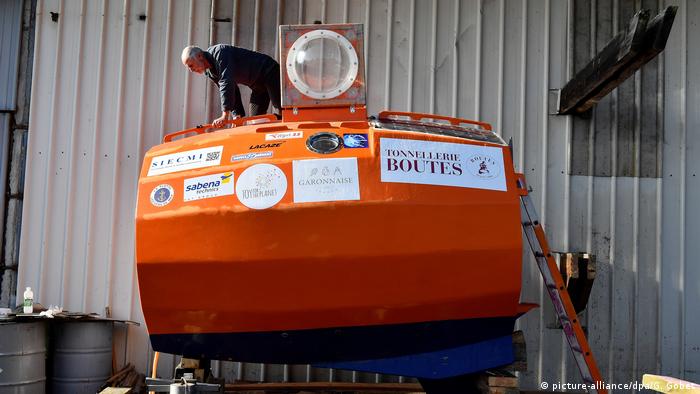hc評:在【每日遇見杜拉克】(台北:天下文化,2005)中,將 ‘Lord Heart of the Matter’ 翻譯成"事情的真相"。 (頁35;1月15日)
在G. Greene 的小說Heart of the Matter,有時譯成【事情的真相】。
由於Harry Hopkins是小羅斯福總統最倚重的外交顧問,又曾秘密"出使"英國,受邱吉爾的招待---可參見Wikipeia 的Harry Hopkins條---所以邱吉爾稱呼他為"萬事之核心/關鍵之大臣"。
胡適在論文多引用 Harry Hopkins 的Yelta 會議記錄:
China in Stalin's Grand Strategy By Hu Shih, Octob...
Peter Drucker pointed to the example of Harry Hopkins, an adviser to Franklin D. Roosevelt during World War II. “A dying, indeed almost a dead man for whom every step was torment, he could only work a few hours every other day or so,” Drucker wrote of Hopkins. “This forced him to cut out everything but truly vital matters. He did not lose effectiveness thereby; on the contrary, he became, as Churchill called him once, ‘Lord Heart of the Matter’ and accomplished more than anyone else in wartime Washington.”
Web results
雲門舞集總監林懷民宣佈退休!就在70歲的林懷民即將在本月底推出第90號作品《關於島嶼》之前,林懷民決定於2019年自藝術總監一職退休,退休後繼續擔任雲門 ...
一位牽著孫子的手上學的阿公說,以後他老了,就無法再送你了。
學習打字,上網,其實很複雜,很難。教老曹有感。他說要請人打字,他為好友寫的傳。我說該學習,事事煩人總不方便。
****
轉載https://www.technologyreview.com/s/612256/want-to-know-when-youre-going-to-die/?
Rewriting Life
Want to know when you’re going to die?
Your life span is written in your DNA, and we’re learning to read the code.
by
Karen Weintraub
October 19, 2018
It's the ultimate unanswerable question we all face: When will I die? If we knew, would we live differently? So far, science has been no more accurate at predicting life span than a $10 fortune teller. But that’s starting to change.
The measures being developed will never get good enough to forecast an exact date or time of death, but insurance companies are already finding them useful, as are hospitals and palliative care teams. “I would love to know when I’m going to die,” says Brian Chen, a researcher who is chief science officer for Life Epigenetics, a company that services the insurance industry. “That would influence how I approach life.”
The work still needs to be made more practical, and companies have to figure out the best uses for the data. Ethicists, meanwhile, worry about how people will cope with knowing the final secret of life. But like it or not, the death predictor is coming.
The clock
Steve Horvath, a UCLA biostatistician who grew up in Frankfurt, Germany, describes himself as “very straight,” while his identical twin brother is gay. So he had a personal interest when, a few years ago, a colleague asked him for help analyzing biological data from the saliva of twins with opposite sexual orientations. The colleague was trying to detect chemical changes that would indicate whether certain genes were turned on or off.
The hypothesis was that these so-called epigenetic changes, which alter the activity of DNA but not the DNA sequence itself, might help explain why two people with identical genes differ in this way. But Horvath found “zero signal” in the epigenetics of the twins’ saliva. Instead, what caught his attention was a powerful link between epigenetic changes and aging. “I was blown away by how strong the signal was,” he says. “I dropped most other projects in my lab and said: ‘This is the future.’”
Horvath became particularly intrigued by how certain chemical changes to cytosine—one of the four DNA bases, or “letters” of the genetic code—make genes more or less active. Given someone’s actual age, looking for these changes in that person’s DNA can tell him whether the person’s body is aging unusually fast or slowly. His team tested this epigenetic clock on 13,000 blood samples collected decades ago, from people whose subsequent date of death was known. The
results revealed that the clock can be used to predict mortality.
Because most common diseases—cancer, heart disease, Alzheimer’s—are diseases of aging, the ticking of Horvath’s clock predicts how long someone will live and how much of that life will be free of these diseases (though it doesn’t foretell which ones people will get). “After five years of research, there is nobody who disputes that epigenetics predicts life span,” he says.

Horvath, 50, says his work is motivated by self-interest. “I’m as desperate as anyone else to find ways of slowing aging.”
DAMON CASAREZ
Aging eight or more years faster than your calendar age equates to twice the typical risk of dying, while aging seven years slower is associated with half the risk of death, Horvath says. His lab has developed a new version that is such a precise life span predictor they named it after the Grim Reaper: DNAm GrimAge. The epigenetic clock is more accurate the younger a person is. It’s especially inaccurate for the very old.
“At this point, we don’t have any evidence that it’s clinically useful, because there are big error bars,” Horvath says. Besides, there’s no pill to reverse the effects. But though it will never be perfectly accurate, Horvath and his clock are getting closer than anyone else ever has to answering the question that hangs over us all—and determining whether there is anything we can do to change the answer.
Slow the ticking
As we age, the cytosine at hundreds of thousand of spots in our DNA either gains or loses methyl chemical groups (CH3). Horvath’s insight was to measure these increases and decreases in methylation, find the 300 to 500 changes that matter most, and use those to make his clocks. His findings suggest that the speed of the clock is strongly influenced by underlying genes. He estimates that about 40% of the ticking rate is determined by genetic inheritance, and the rest by lifestyle and luck.
Morgan Levine, who completed postdoctoral research in Horvath’s lab and now runs her own lab at Yale, is starting to compare an individual’s epigenetic profile with the profile of cells from the lining of a healthy umbilical cord. The more people deviate from that standard, the worse off they are likely to be. She thinks she will eventually be able to compare various epigenetic age measures to predict even in childhood who is going to be at greatest risk of which diseases—when it’s still early enough to change that future. “Your genes aren’t your fate, but even less so with things like epigenetics,” she says. “There definitely should be things we can do to delay aging if we can just figure out what they are.”
A few likely contenders are totally unsurprising. Eating a healthy diet including lots of vegetables and fish is associated with slower epigenetic aging. Feel older when you’re sleep deprived? It’s probably not a coincidence. Horvath has
shown that people with insomnia are more likely to show accelerated epigenetic aging. “Everything you associate with a healthy lifestyle does relate to the new biomarkers in the expected way, which is a boring result, but it’s scientifically very exciting,” he says.
More unexpectedly, he finds that regular exercise won’t add much more than a few months to your life. But those measurements are only on the DNA in blood, and Horvath says he’d like to look at changes in muscle, too, to see whether exercise makes a bigger difference there.
“After five years of research, there is nobody who disputes that epigenetics predicts life span.”
Horvath’s own clock is not inspiring. He was surprised in analyzing his urine to find that he was epigenetically tracking five years older than his chronological age. A few years later, he tested his blood and was relieved to find the results more in line with his years, but still, he says, “I would say I’m not blessed in terms of epigenetic aging.”
At age 50, he says his work is motivated by self-interest—“I’m as desperate as anyone else to find ways of slowing aging.” But he also keeps in mind the social and financial costs of an aging population. “We need to find ways to keep people healthier longer,” he says.
He hopes that refinements to his clock will soon make it precise enough to reflect changes in lifestyle and behavior. Investors and biotech companies are spending hundreds of millions of dollars right now on drugs that might slow aging and defer disease. But how will we know what’s effective? Those working on drug discovery can’t wait 50 years to find out. Horvath hopes his clock will provide the answers.
The business of death prediction
Companies like Reinsurance Group of America are already looking into using the epigenetic clock to tweak and personalize risk assessments for life insurance. Right now, rates are based largely on demographics—people’s gender and age—and a few health metrics, such as whether they smoke. The clock adds another useful data point.
Such personalization raises questions about fairness. If your epigenetic clock is ticking faster through no fault of your own, should you be charged a higher rate for life insurance? The Genetic Information Nondiscrimination Act of 2008—known as GINA—protects against discrimination on the basis of genes. But it doesn’t address epigenetics.
There’s also the issue of privacy. Your likely life span or true biological age is information that many consider intensely personal. For now, regulations and privacy policies don’t even consider the possibility of such information. But as the science quickly progresses, questions about how to use and protect this data will become ever more pressing.
Can Horvath’s clock and other technologies being developed to predict death ever be accurate enough to be truly useful? “I haven’t seen any of these purported predictive algorithms be precise in terms of timing of death—to the contrary,” says Diane Meier, a professor of geriatrics and palliative medicine at the Icahn School of Medicine at Mount Sinai in New York City. “People live for a really long time with a very high burden of disease and frailty,” she says.
Gal Salomon, CEO of Clew Medical, an Israeli company that uses artificial intelligence to identify medical risks in hospitals, says he initially resisted the idea of developing a death predictor, thinking it unethical. Then he realized that doctors could use the technology “to understand where we need to stop.” An algorithm Clew developed can help doctors and family members make the decision to switch from aggressive to palliative care, he says, overruling the typical instinct to provide heroic live-saving measures. The system, which for the moment is used only in hospitals, can also alert a family that the end is near, he says.
Atul Butte, a professor at the University of California, San Francisco, who studies quality of care, says the jury is still out about whether this kind of machine learning from patterns of care actually provides better treatment. But there’s no doubt, he adds, that medical care is headed in that direction. “Five to 10 years from now, the health system that doesn’t use this data to improve their medical delivery is going to be deemed archaic,” he says.
Karen Weintraub is a freelance writer based in Cambridge, Massachusetts.














